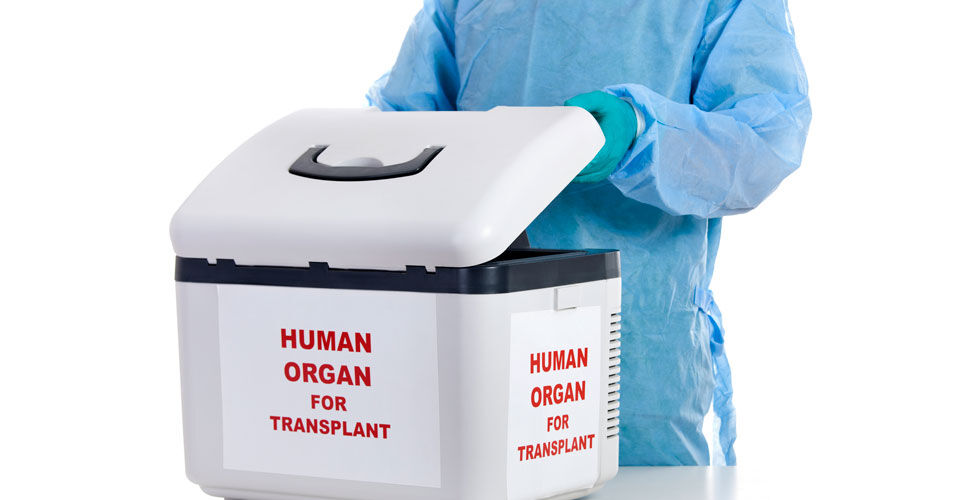Organ transplantation saves, or drastically improves, the lives of thousands of patients with organ failure throughout the world every year.
A patient’s transplantation journey does not, however, end in the operating room. Transplant recipients will need to learn to live with a new condition that requires life-long medication and constant monitoring and has many potential complications and risks. This new situation has implications for day-to-day life and can also be challenging from an emotional point of view. Patients may feel overwhelmed and experience multiple contrasting emotions, from relief and joy to anxiety and fear, or a combination of all.
Just as the organ is vital for transplantation, it is also vital to equip each and every transplant patient with the knowledge and tools they need for a positive transplant journey. Over 20 years of first-hand experience as a lung transplant patient has offered me a well-rounded perspective on the importance of patient engagement throughout the journey and I would like to provide some thoughts on why strengthening the relationship between the patient and the healthcare professional is so crucial in enhancing the transplant patient experience.
Communication is key for empowering patients, and it is therefore essential that healthcare professionals create an environment with their patients that is conducive to a meaningful dialogue throughout the entire transplantation journey. Patients who are well-informed are more likely to be engaged and motivated which, in turn, can improve self-management, long-term health and quality of life. The more informed a patient is, the more empowered they will feel to make fully informed decisions about their personal care. This includes information on treatment options, side effects of drugs, possible complications as well as impacts on lifestyles and mental wellbeing. As the management of transplant patients has practical repercussions on day-to-day life it is important that families and carers are also involved.
In the modern world, patients have immediate access to an abundance of health-related information on the internet. This is beneficial in one sense, offering patients a variety of content which can be used to gain a greater understanding of their condition. However, the internet can be a double-edged sword and result in negative effects too. For example, information may be inaccurate or contain facts and statistics which may be daunting to the patient and, ultimately, contribute to anxiety and fear. Therefore, healthcare professionals must now shift and adjust with our modern reliance on the internet. With the guidance from healthcare professionals ensuring patients are directed to sources that provide high-quality, reliable, easy to understand information, including from patient associations and networks, the internet can help enhance the transplant journey. However, it is important this does not act as a replacement for face-to-face dialogue.
Facilitating communication opportunities not only benefits the patient but provides both short and long-term benefits for the healthcare professional, too. Increased dialogue, conversation and transparency with a patient will help the healthcare professional to develop a well-rounded understanding of each individual case, enhancing their ability to provide tailored and personalised care. Combined with increased patient knowledge, this will maximise empowerment and allow effective shared decision making, or “realistic medicine”, along the transplantation journey.
As a transplant patient, I feel I can offer a unique perspective of the importance of empowerment along the transplant process. The future of transplantation is exciting, and I am pleased to see that the value of patient knowledge and experience is being increasingly recognised in the field. I am delighted to have been nominated as Honorary Co-Chair of the upcoming ESOT Congress in 2023 and I am looking forward to working as a patient representative alongside the Scientific Programme Committee in shaping a programme that maximises patient input and perspectives.
Aligning closely with ESOT’s Patient Inclusion Initiative, this congress will welcome valuable contributions from transplant professionals, patient organisation representatives and individual patients. I am proud of the progress that has been made since the very first meeting with patient representatives at the ESOT Congress in 2019, but I know there is still a long way to go and so much more we can achieve.
Healthcare professionals should always remember that through empowering their own patients, they are also empowering themselves. Strategies that promote patient engagement help to achieve the best possible care, support and outcomes for patients which ensures not only that patients have a life post-transplant, but a life of quality, enjoyment and fulfilment. In the future, I hope that patient empowerment will truly be at the heart of organ transplantation.

